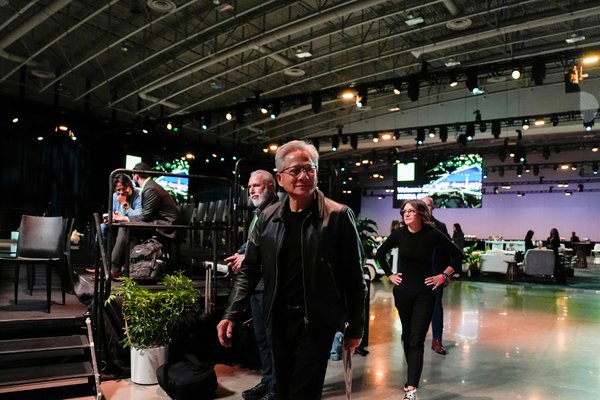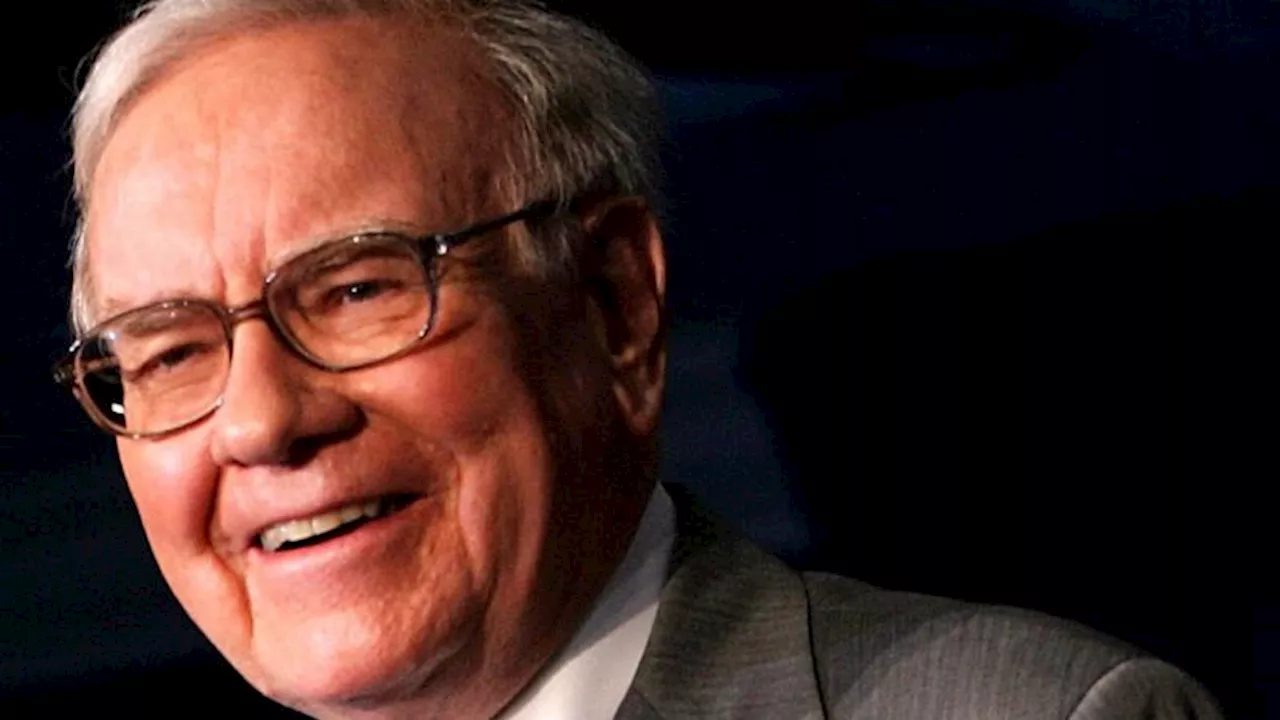Jensen Huang, the CEO of Nvidia, has emerged as a prominent advocate for the tech industry under the current U.S. administration. During a recent visit to Washington D.C., he emphasized the importance of artificial intelligence (AI) technology for the nation’s future, aligning closely with the new regime’s ambitions.
Huang’s arrival in the capital marks a significant moment as he engages with policymakers to discuss the role of AI in economic growth. Known for his charismatic presence in Silicon Valley, he delivered a message tailored to resonate with the priorities of the current government, highlighting the transformative potential of AI technologies.
The tech executive’s discussions included the need for government support in fostering innovation and ensuring that the U.S. remains at the forefront of AI development. Huang’s visit comes at a time when the administration is keen on promoting technological advancements as a pathway to boost the economy and create jobs.
Advocating for AI’s Role in Economic Growth
In his meetings, Huang outlined how AI can drive productivity and efficiency across various sectors. He pointed to specific initiatives that could harness this technology, suggesting that a collaborative approach between the tech industry and government would yield substantial benefits.
According to Huang, the AI sector could contribute significantly to the U.S. economy, potentially generating billions of dollars in revenue. He noted that investments in AI infrastructure not only enhance technological capabilities but also ensure national competitiveness on a global scale.
The CEO also addressed concerns regarding the ethical implications of AI, advocating for responsible development and implementation. Huang stressed that with the right framework, AI can be a force for good, addressing societal challenges while fostering innovation.
A New Era of Tech-Policy Collaboration
Huang’s proactive stance signals a shift in how technology leaders engage with policymakers. His enthusiastic support for the administration’s vision reflects a broader trend where tech executives play a crucial role in shaping national policy.
This collaboration could redefine the relationship between government and the tech industry, leading to policies that prioritize innovation. Huang’s presence in Washington is indicative of a willingness among tech leaders to step into the political arena, advocating for their industries’ interests while contributing to national dialogues.
As AI technology continues to evolve, the discussions led by figures like Huang will likely play a pivotal role in determining the future landscape of technology in the United States. His impactful message in Washington underscores the significant intersection of technology, policy, and economic strategy in the coming years.
By aligning with the current administration, Huang not only reinforces his position as a leading voice in the tech sector but also signals a commitment to leveraging AI for the benefit of society at large.







